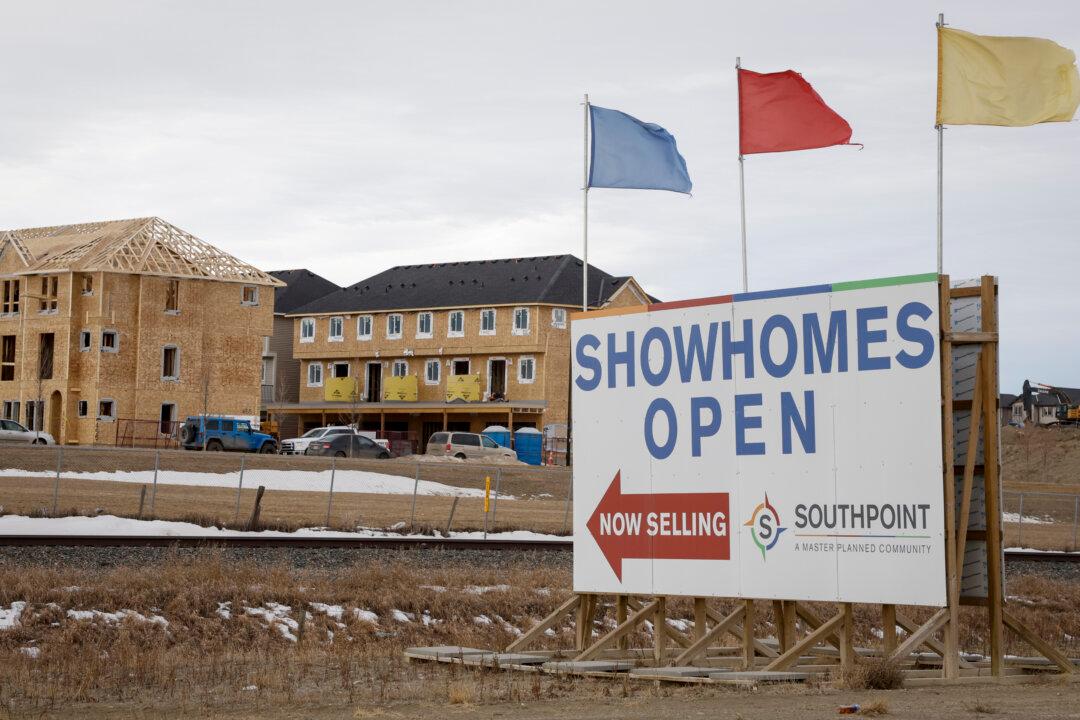Ottawa is seeking to add exemptions to a bill that temporarily bans foreigners from purchasing residential property in the country, according to the Canada Mortgage and Housing Corporation (CMHC).
Bill C-19, an omnibus budget bill that includes enacting the Prohibition on the Purchase of Residential Property by Non-Canadians Act, received royal assent on June 23. The act is set to come into force on Jan. 1, 2023.





